"Emerging Security Landscape in Greater Central Asia" Working Group
Greater Central Asia (GCA) faces numerous security challenges in areas such as the environment, energy, maritime, terrorism, and cyber. China’s increasing presence in the region through the Belt and Road Initiative (BRI) and the Shanghai Cooperation Organization (SCO) adds further complexity to these issues. This working group will promote research based on the regional concept of GCA, focusing on the intersections of these security challenges.
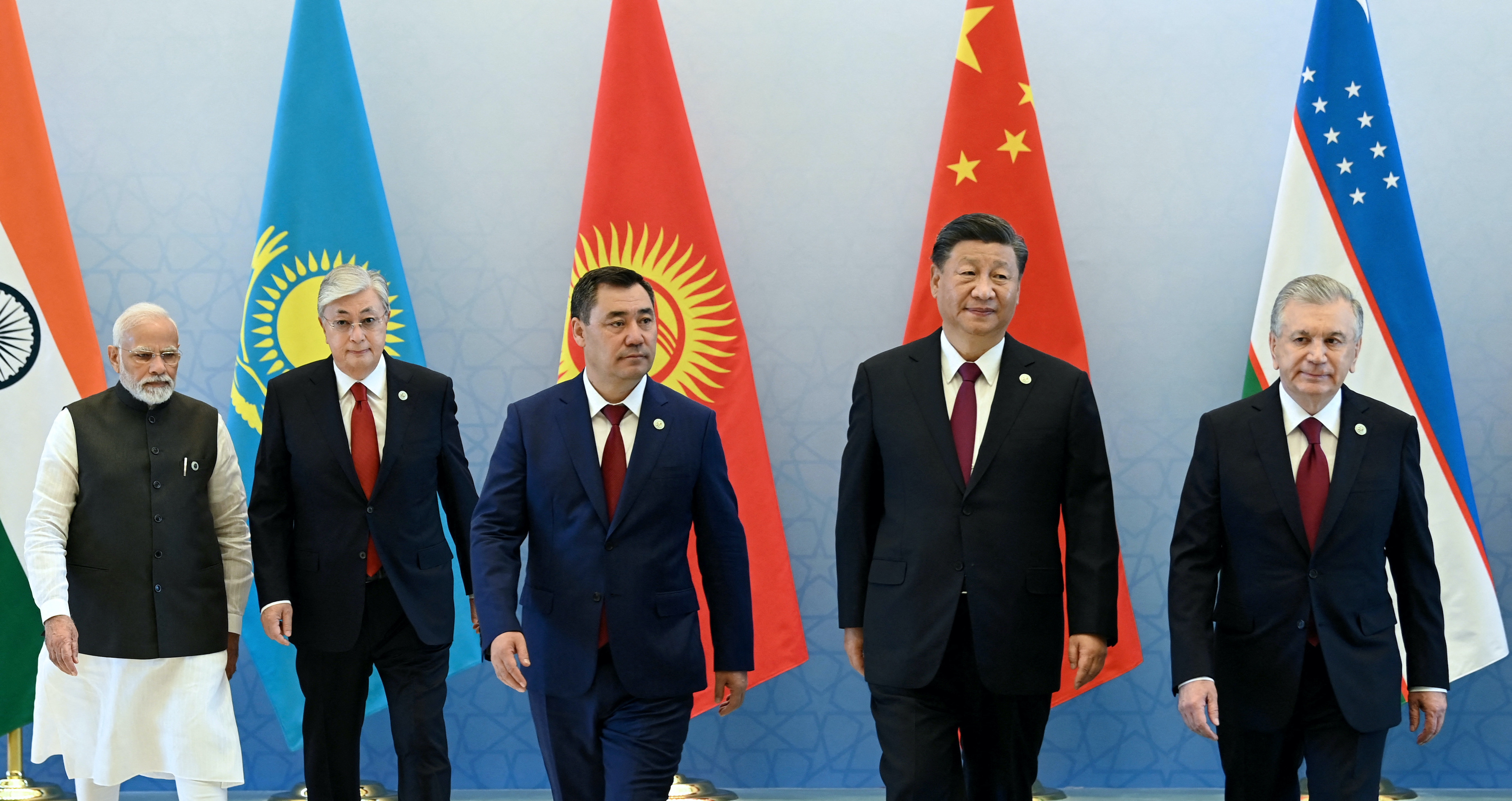
構成メンバー
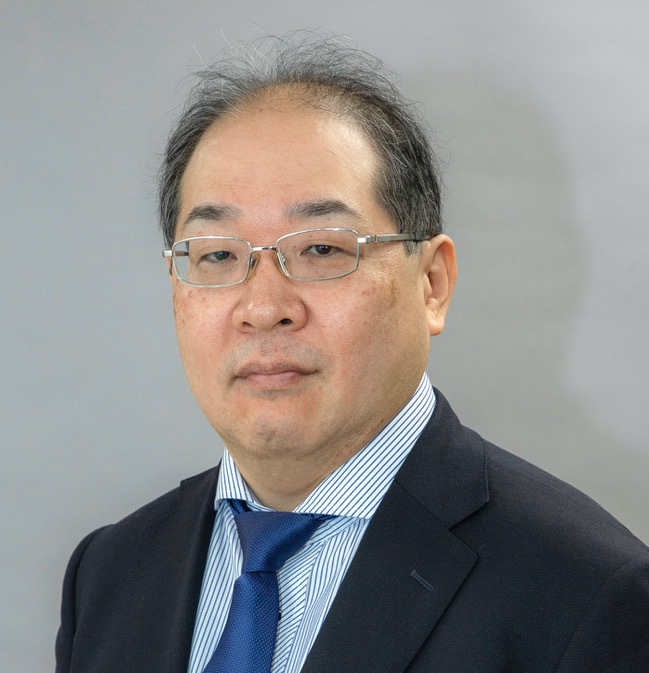
Fumiaki INAGAKI
Fumiaki INAGAKI is a Professor at the Graduate School of International Resource Sciences, Akita University.
His research interests are International Relations and Resource Policy in Eurasia, mainly Central Asia. Since 2021, he has been a principal investigator of JICA/JST SATREPS, “The Project for the Development of Decarbonized Heat Energy Supply System using Ground Heat Source.” He is also a co-editor of Resource Geopolitics (in Japanese). Moreover, he has published articles on Central Asian Politics from the perspectives of geopolitics, nation-building process, and water conflict after the collapse of the Soviet Union. He co-authors the articles related to Ground Heat Source Pump technology.

Amane TANAKA
Project Researcher
Amane TANAKA is a Project Researcher at the Research Center for Advanced Science and Technology (RCAST), the University of Tokyo.
His research interests include Contemporary Chinese Politics and China-Central Asia relations. He is a co-editor of Changing Politics and Social Groups in China: The Challenges of Transition (2013, in Japanese) and Chinese Muslims Area Studies (2012, in Japanese). In addition, he has published articles on China-Central Asia relations through the lens of the security-development nexus, China’s state-building processes under the CCP rule, and regional autonomy in Xinjiang in the 1950s.
Amane TANAKA is a Project Researcher at the Research Center for Advanced Science and Technology (RCAST), the University of Tokyo.
His research interests include Contemporary Chinese Politics and China-Central Asia relations. He is a co-editor of Changing Politics and Social Groups in China: The Challenges of Transition (2013, in Japanese) and Chinese Muslims Area Studies (2012, in Japanese). In addition, he has published articles on China-Central Asia relations through the lens of the security-development nexus, China’s state-building processes under the CCP rule, and regional autonomy in Xinjiang in the 1950s.

Mihoko KATO
Mihoko KATO is a Associate Professor at Hiroshima Peace Institute, Hiroshima City University.
Areas of Expertise
Areas of Expertise
International Relations, International Politics in Northeast Asia, Russian Foreign and Security Policy
Research themes
1) The restoration and strengthening of Russia’s bilateral relations with former Soviet friends/allies such as China, India, Vietnam, and North Korea in terms of shaping a new Eurasian international order.
2) The development and changes in Russian-North Korean relation since 2000 and their impact on Northeast Asia.
3) The development of dialogue mechanisms and strategic partnership between Russia and ASEAN.
4) The change in the interpretation of state sovereignty norms over the past twenty years and its use in Russia’s foreign policy.
Publications
Mihoko Kato, “Competing Sovereignty Regimes within Northeast Asia” In Geo-Politics in Northeast Asia, edited by Akihiro Iwashita, Yong-Chool Ha, and Edward Boyle, 157-170. London: Routledge, 2022.
Mihoko Kato. "Competing sovereignties: increasing tensions over maritime border in Northeast Asia," Pathways to Peace and Security 58, no. 1 (2020): 63-77.
Mihoko Kato. "Sinocentrism in Russia's Reorientation to the East: Re-examining Russian Foreign Policy under the Third Putin Administration (2012-2018)." Chung-Ang Saron (Journal of Chung-Ang Historical Studies), no. 49 (2019): 115-154.
Михоко Като, "Особенность и задачи развития Росийско-Вьетнамского стратегического партнерства (2000 – 2014 гг.)," Вьетнамские исследования [Vietnamese Studies], no. 5 (2015): 55-72.
Mihoko Kato, "Japan and Russia at the Beginning of the Twenty-First Century: -New Dimension to Maritime Security Surrounding the 'Kuril Islands'." UNISCI Discussion Papers, no. 32 (2013): 205-213.
Mihoko Kato. "Russia’s Multilateral Diplomacy in the Process of Asia Pacific Regional Integration: The Significance of ASEAN for Russia." In Eager Eyes Fixed on Slavic Eurasia Vol. 2, edited by Akihiro Iwashita, 125-151. 2007.
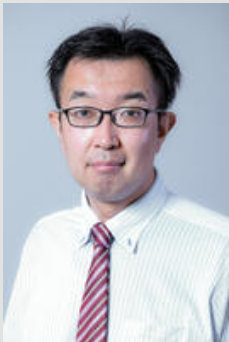
Ryota SAITO
Ryota SAITO is an Assistant Researcher at Institute for Russia & NIS Economic Studies.
His research interests include Contemporary Central Asian Studies, especially International Relations, Security studies and Development.
He has published articles on Water Security issues in Central Asia, Water Resource management in Uzbekistan, and Central Asia-Afghanistan relations in the post- soviet period.
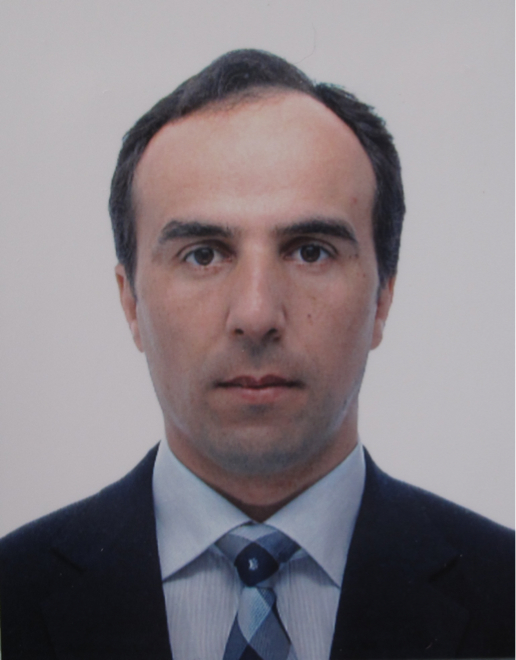
Mirzosaid SULTONOV
Mirzosaid Sultonov is a full-time professor at the Faculty of Global and Regional Studies at Toyo University. His research interests focus on macroeconomic and financial issues concerning Eurasian countries, with a particular emphasis on Central Asian nations.
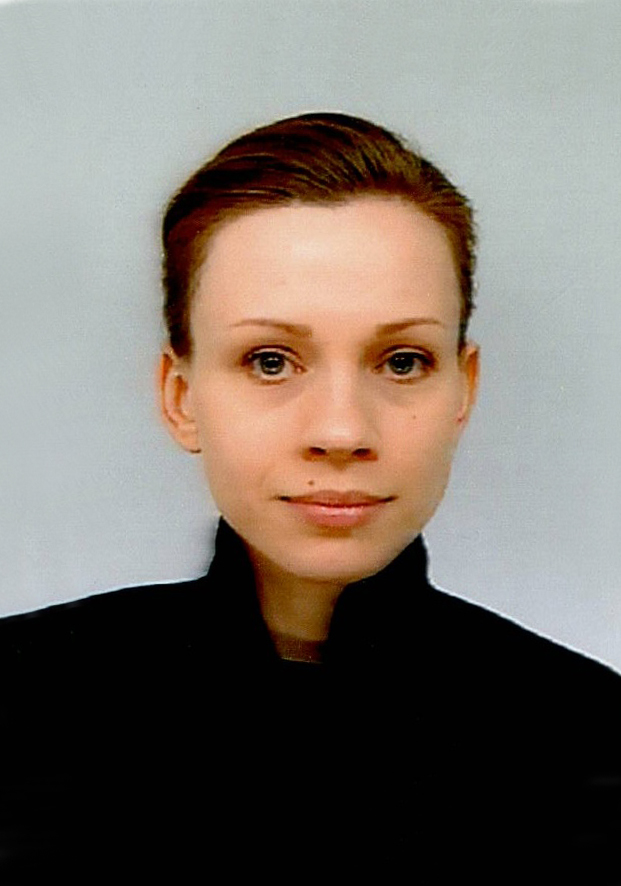
Maria TANAKA
Maria Tanaka is a Visiting Research Fellow at Akita University Graduate School of International Resource Sciences. Her research interests focus on China’s foreign policy, China - Central Asia relations and IR theory. Her recent publications include “Greening the Belt and Road Initiative in Central Asia: The Case of Uzbekistan’s Renewable Energy Sector” (Conference Proceedings: The Twelfth International Convention of Asia Scholars, 2022); “China’s Security Engagement with Greater Central Asia (GCA): The Case of Afghanistan” (co-authored; Roles Review, 2022); and “Debating and Implementing Epidemic Prevention in China: Ancient and Modern Perspectives” (Shizen to Jitsugaku, vol. 8, 2023).

Mitsuko WATANABE
Mitsuko Watanabe is an Associate Professor in the Department of International Understanding, Faculty of International Studies, Bunkyo University.
She specialises in the geography and area studies of Asia. She is co-editor of Toward a Sustainable Society in Central Eurasia: An Historical Perspective on the Future. Her research interests include changes in resource use and community transformation due to agricultural and social development, and she conducts research from a multi-scale perspective.
She specialises in the geography and area studies of Asia. She is co-editor of Toward a Sustainable Society in Central Eurasia: An Historical Perspective on the Future. Her research interests include changes in resource use and community transformation due to agricultural and social development, and she conducts research from a multi-scale perspective.
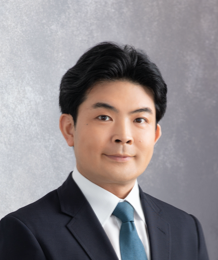
Shinji YAMAGUCHI
Shinji YAMAGUCHI is a Senior Research Fellow in the Regional Studies Department of the National Institute for Defense Studies (NIDS), Ministry of Defense, Japan, located in Tokyo, and was a Visiting Scholar at Sigur Center for Asian Studies of George Washington University. He specializes in Chinese politics, China’s security policy, and contemporary Chinese history. He earned his B.A., M.A., and Ph.D. from Keio University. His publications include “Strategies of China’s Maritime Actors in the South China Sea: A Coordinated Plan under the Leadership of Xi Jinping?” China Perspective, 2016 No.3, (October 2016), pp.23-31; Mou Takuto no Kyokoku ka Senryaku (Mao’s Grand Strategy to Build Strong Country) (Keio University Press, 2021, winner of the 34th Mainichi Shimbun Asia Pacific Grand Prix Award). He is a co-author of the NIDS China Security Report 2012, 2013, 2016, 2017, 2018 and 2023.
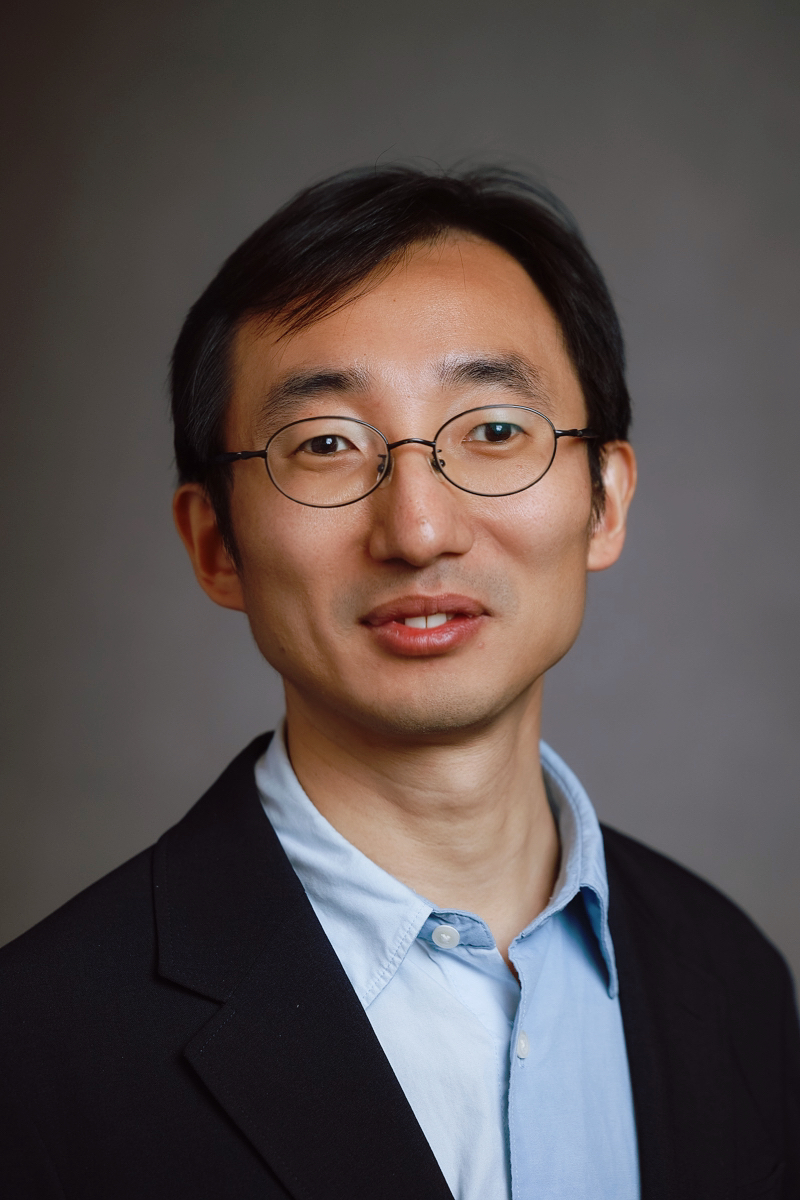
Yuan ZHOU
Yuan ZHOU is a Research Associate at Graduate School of Law, Kobe University. He specializes in international relations and political communication, focusing on China. His work has been published or is forthcoming in peer-reviewed journals including Journal of Chinese Political Science, Social Science Computer Review, Asian Journal of Communication, Journal of Human Rights, among others. He holds a PhD in political science from Kobe University.
